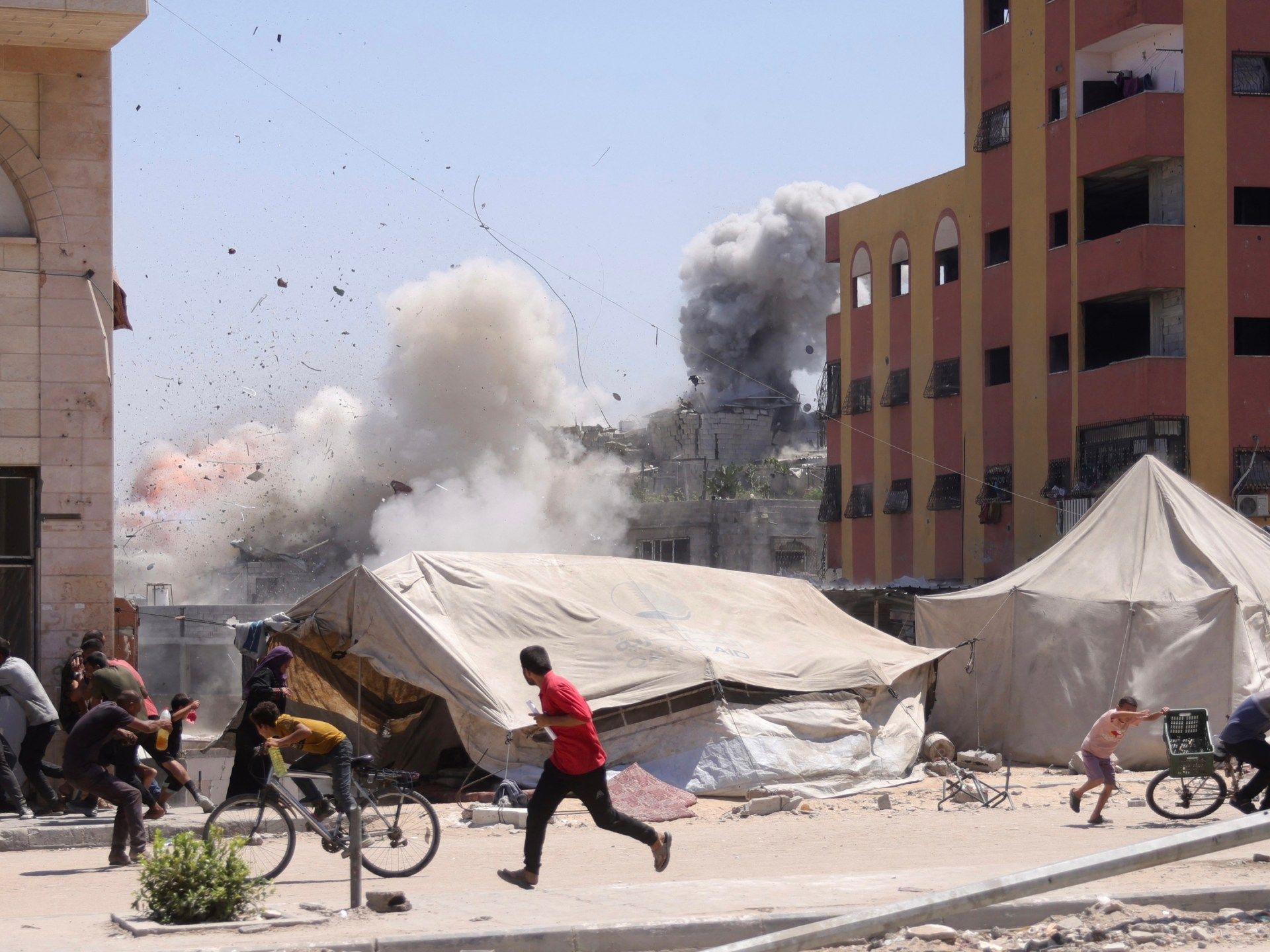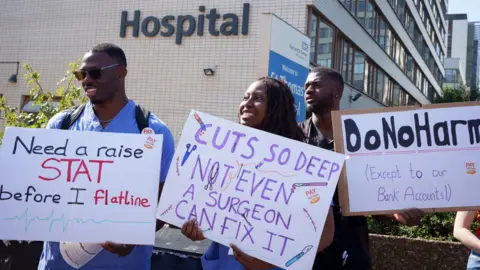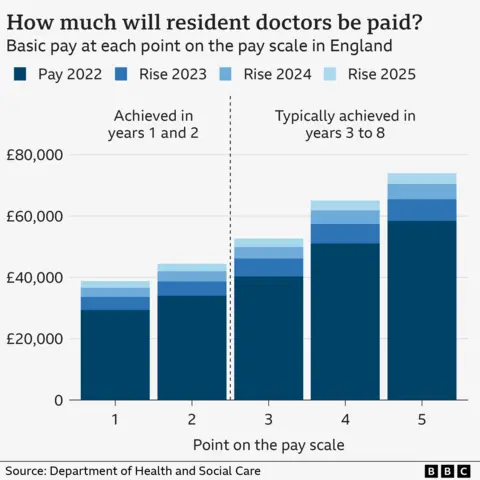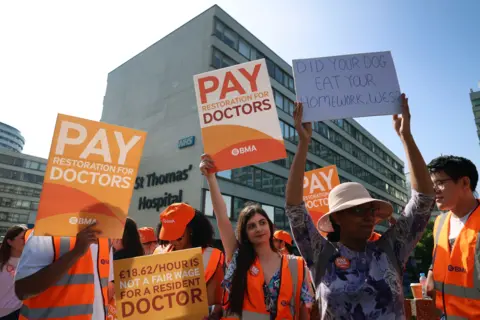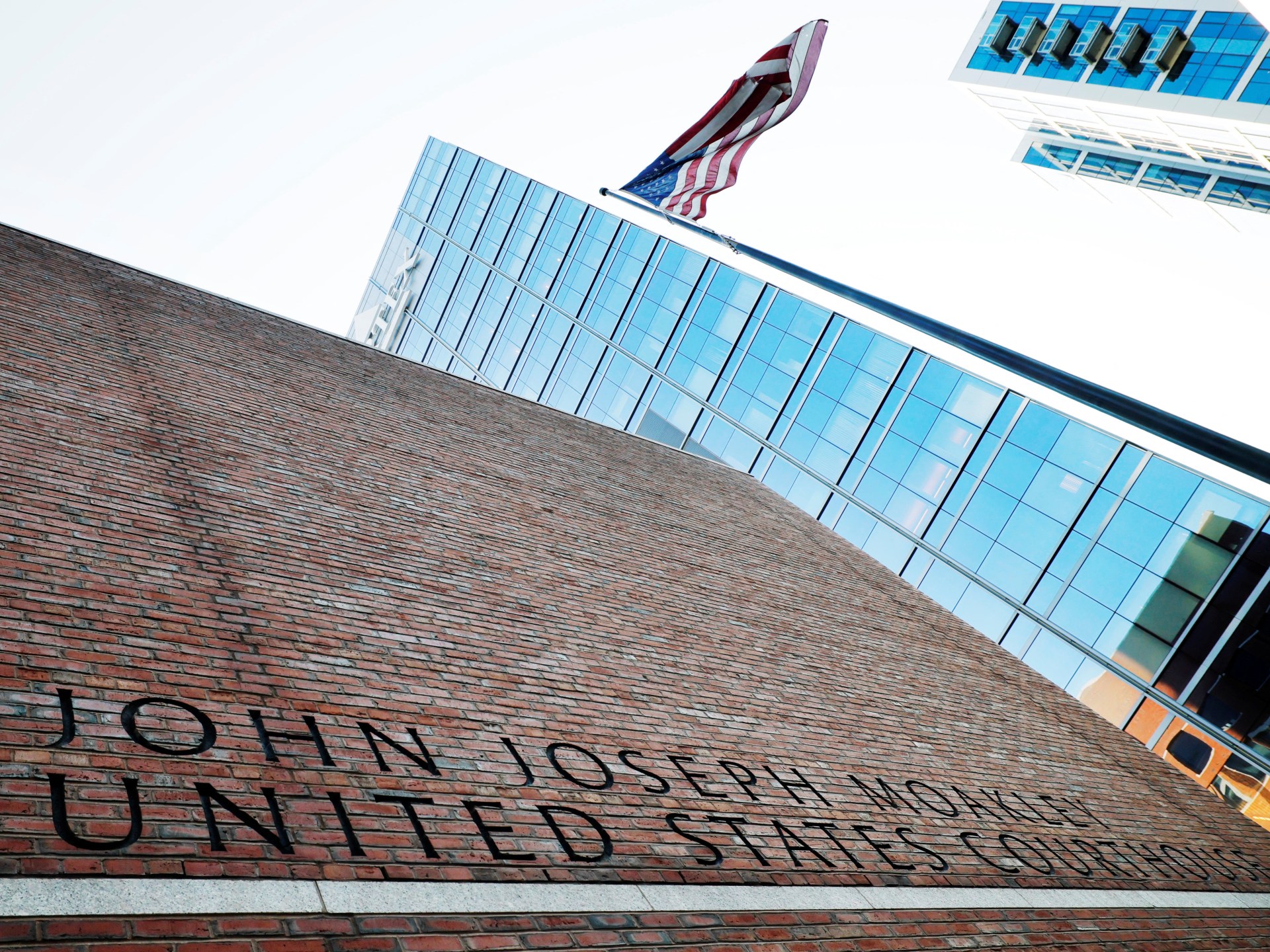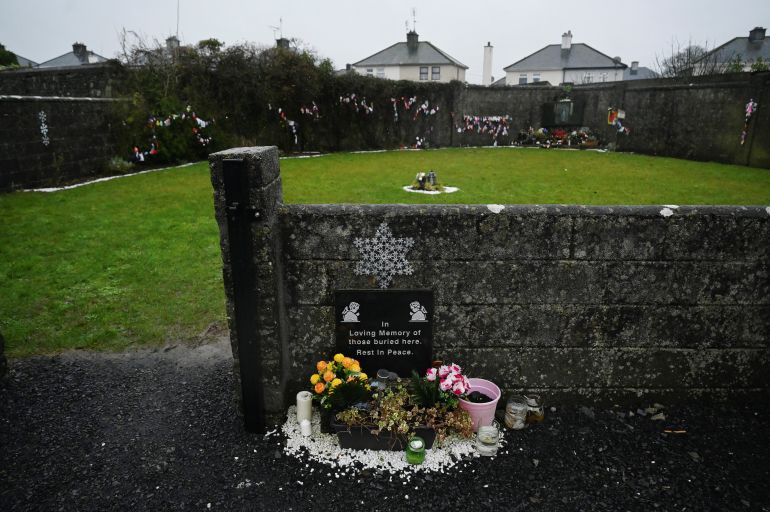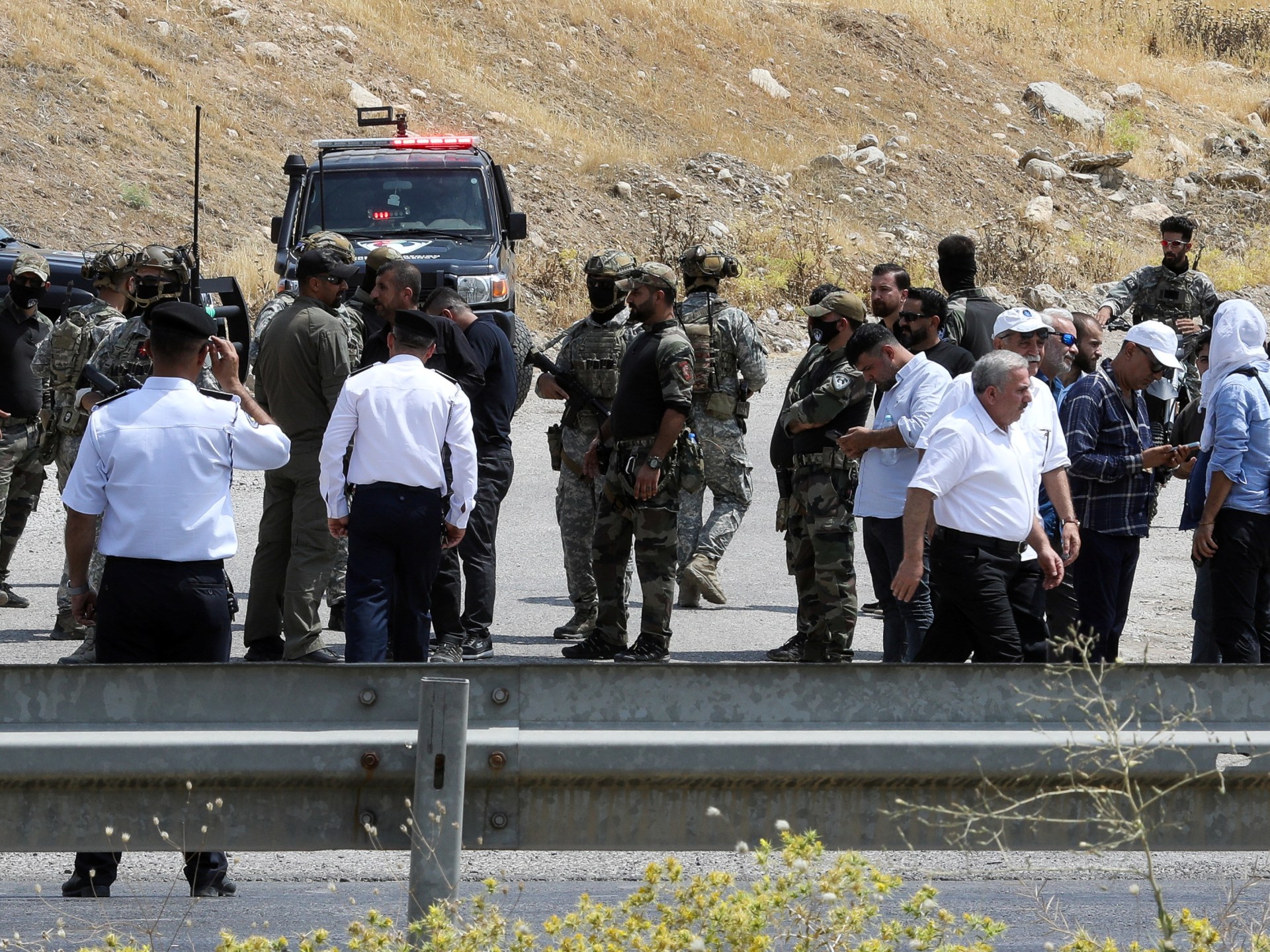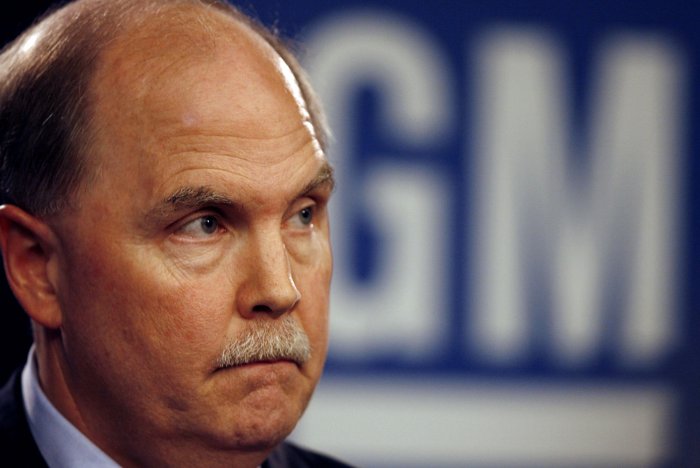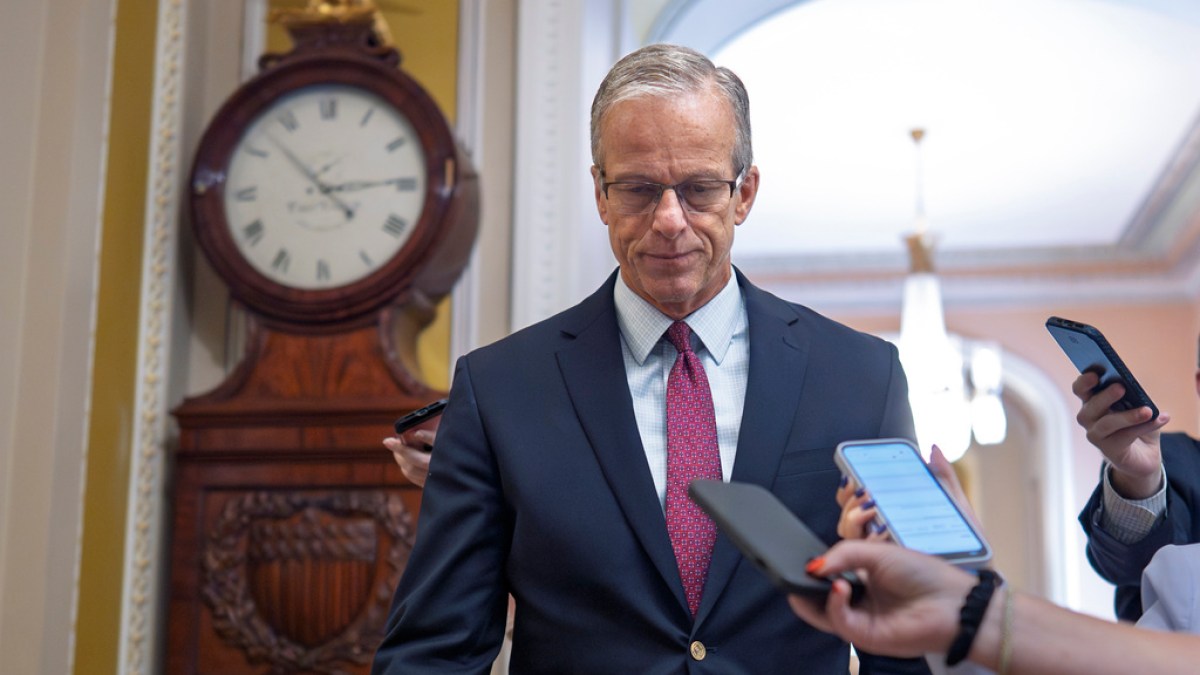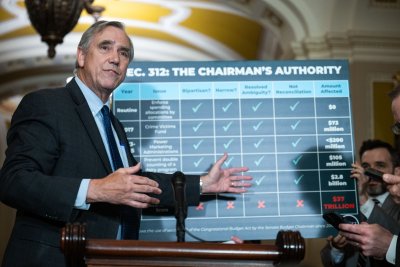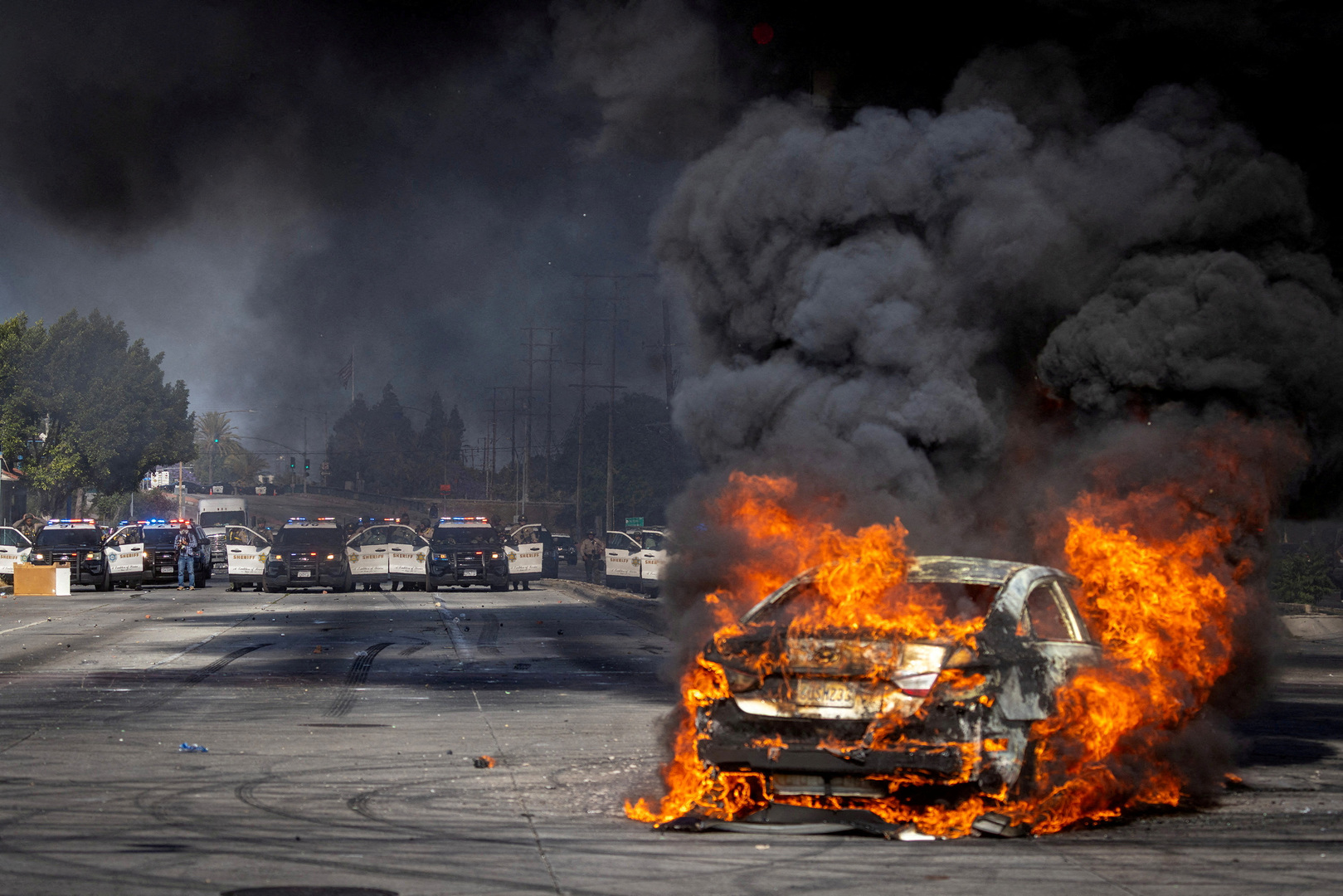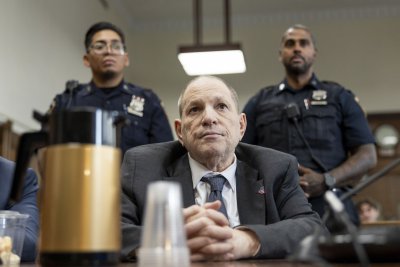Israel pounds Gaza, killing 81, as its begins assault to seize Gaza City | Israel-Palestine conflict News
At least 81 Palestinians have been killed in Gaza by Israeli attacks and forced starvation since dawn as the Israeli military said it had begun the first stages of its planned assault to seize the enclave’s largest urban centre, Gaza City, where close to a million people remain in perilous conditions.
Three other Palestinians starved to death in the besieged enclave on Wednesday, bringing the total count of hunger-related deaths to 269, including 112 children.
Israeli attacks included a strike on a tent housing displaced Palestinians in southern Gaza that killed three people.
Mohammed Shaalan, a prominent former Palestinian national basketball player, was the latest victim of shootings at GHF aid distribution points, as Israeli forces shot him dead in southern Gaza. At least 30 aid seekers were killed on Wednesday.
Gaza has been stalked by famine as Israel’s punishing blockade and ongoing assault have choked off food, fuel, and medical supplies.
The UN’s World Food Programme (WFP) warned that malnutrition is rising across Gaza amid Israel’s ongoing aid blockade. “This isn’t just hunger. This is starvation,” WFP said.
“Malnutrition is a silent killer,” the agency said, noting that it causes “lifelong developmental damage” and weakens immune systems, “making common illnesses deadly”.
This isn’t just hunger. This is starvation.
Malnutrition in #Gaza is rising fast – with more children and mothers showing severe signs.
Malnutrition is a silent killer:
🔴 Weakens immune systems, making common illnesses deadly
🔴 Causes stunting & lifelong developmental damage… pic.twitter.com/nEmqSsJX7M— World Food Programme (@WFP) August 20, 2025
The UN agency for Palestinian refugees (UNRWA) says nearly one in every three Palestinian children in Gaza City is now malnourished.
Israeli rights group Gisha has debunked a series of Israeli government talking points that seek to minimise and evade responsibility for the starvation crisis unfolding across all of Gaza.
Despite Israel’s claim that the United Nations is to blame for a lack of humanitarian aid entering the Gaza Strip, Gisha says that “Israel has used its control over aid entry as a weapon of war since day one” of its military offensive.
“Israel has created and continues to create conditions that make the transfer of aid into Gaza almost impossible,” it said.
Meanwhile, the UN agency for Palestinian refugees (UNRWA) has reiterated calls for an immediate ceasefire and described the conditions its staff are working under in Gaza as dire.
“We are working under catastrophic conditions,” said Dr Hind, a UNRWA physician in Gaza.
Another health worker said staff often walked distances “under the scorching sun” just to reach their posts before working to deliver care “to our people in dire need of help”.
Gaza’s civil defence has, meanwhile, sounded the alarm over the severity of the fuel crisis in the enclave, saying the lack of fuel is compromising its ability to respond to emergency and rescue situations.
“Many times, our vehicles have stopped on the way to missions, some due to fuel shortages and others due to a lack of spare parts for maintenance,” a statement by the civil defence said. “We face major humanitarian challenges amid the ongoing threats of an escalation in the Israeli war of extermination.”
Another wave of ‘mass displacement’
The strikes come as Israel’s military said that it will call up 60,000 reservists in the coming weeks as it pushes forward with a plan to seize Gaza City, which has come under relentless attacks over the last several weeks. A military spokesperson said the first stages of its assault on the city have begun.
Close to one million Palestinians are reportedly trapped in the area, where Israeli tanks have been pushing closer to the city’s centre this week. Stephane Dujarric, a spokesperson for UN chief Antonio Guterres, expressed concern over the army’s operations in Gaza City, which he said would “create another mass displacement of people who’ve been displaced repeatedly” since the war began.
Al Jazeera’s Hani Mahmoud, reporting from Gaza City, said Israeli forces have been intensifying attacks in Gaza City’s Zeitoun neighbourhood, as well as Jabalia in the north.
“That includes ongoing explosions from systematic demolitions of homes. This is a very effective strategy by the Israeli military, which funnels down into one main goal: emptying the Gaza Strip of its population by depriving people from having something as basic as a home,” Mahmoud said.
“People are leaving behind their belongings, their food supplies that they managed to get in the past few weeks,” he added.
Relatives of Israeli captives held in Gaza have condemned the Israeli Defence Ministry’s approval of the plan to seize Gaza City and accused the government of ignoring a ceasefire proposal approved by Hamas, saying it was “a stab in the heart of the families and the public in Israel”.
Hamas says the Israeli military’s push into Gaza City is a clear sign that Israel plans to continue “its brutal war against innocent civilians” and aims to destroy the Palestinian city and displace its residents.
“Netanyahu’s disregard for the mediators’ proposal and his failure to respond to it proves that he is the true obstructionist of any agreement, that he does not care about the lives of [Israeli captives], and that he is not serious about their return,” the Palestinian group said.
The Gaza City offensive, which was announced earlier this month, comes amid heightened international condemnation of Israel’s ban on food and medicine reaching Gaza and fears of another forced exodus of Palestinians.
“What we’re seeing in Gaza is nothing short of apocalyptic reality for children, for their families, and for this generation,” Ahmed Alhendawi, regional director of Save the Children, said in an interview. “The plight and the struggle of this generation of Gaza is beyond being described in words.”
Mediators, meanwhile, continue to pursue efforts to secure a ceasefire in the 22-month war.
Qatar and Egypt have said they have been waiting for Israel’s response to the proposal, which Hamas had agreed to earlier this week.
The latest framework calls for a 60-day truce, a staggered exchange of captives and Palestinian prisoners, and expanded aid access.
Israeli Prime Minister Benjamin Netanyahu has not publicly commented on the proposal, which is backed by the United States. Last week, he insisted any deal must ensure “all the hostages are released at once and according to our conditions for ending the war”. There have been further reports that the far-right government is holding to that line.
Al Jazeera’s senior political analyst Marwan Bishara said Arab states must pressure the US into getting Israel to agree to a ceasefire.
“Clearly, the Israelis are of two minds: One mind is recalling the reservists, issuing the plans, approving the plans for directly re-occupying the Gaza Strip [and] transferring its people from the north to the south in preparation for ethnically cleansing Gaza.”
“On the other hand, there is of course the domestic pressure … [and] the idea that Israel can secure the release of a few hostages alive and get involved in some sort of a longer[-term] deal,” Bishara said.
“Without Arab pressure on Washington, I think the Israelis will probably go with the first scenario.”
Israel’s genocidal war has killed more than 62,122 Palestinians, Gaza’s Health Ministry said.
